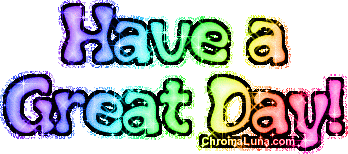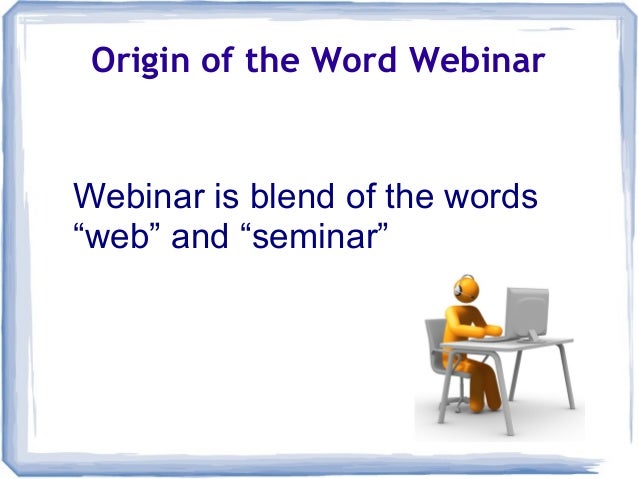
Songs often use slang and colloquial English that you should understand, but never use in formal situations.
Nevertheless, a lot of current slang is found in songs. Let's clarify some things:

Slang is a subset of a language used by one particular group of people. It consists of words and expressions which cannot be found in a common dictionary and they can be distortions of existings words or entirely invented terms. It is used in informal situations. It is not appropriate in formal situations. It is important to say that slang and informal English are not the same. Some slang can be used in formal situations and some of the words that can only be used in informal situations are not slang.

There are many situations in everyday life where informal English is allowed, even preferred. Some examples include of these informal situations are: while playing sports, while studying with friends, at a bar, with close family members, on the phone with frinds, among others.

Slang is used by all kinds of groups of people who share situations or interests. The group which uses these words is a minority and often use slang to set themselves apart or to make it difficult for ordinary people to understand them. Sometimes singers use these slang words to catch rhythm or to make the words more fluent.
Here you will find the translation into normal English of the most common colloquial words used in songs (and also on television and movies!):
ain't: the verb to be or the vert to have in all the forms in the negative, i.e. am not, is not, are not, have not, has not.
bae/babe: baby (a person's boyfriend or girlfrind's)
beef: a conflict
bling-bling: flashy jewelry worn as an indication of wealth
bootylicious: sexually attractive
bounce: time to leave
'bout: about
c'mom: come on
coolin it: relaxing
cos, 'cos, coz, 'cause: because
coulda: could have
dat: that
dime: a very beautiful woman
dontcha, don't cha: don't you
dunno: don't know, doesn't know
'em: them
ev'ry: every
fly (fly-boy): a shrewd or sophisticated guy
gerroff: get off
gimme: give me
gonna: going to
getcha: get you
get jiggy with it: to get into the groove
gotcha: got you
gotta: (have) got to
hafta: have to
innit (GB): isn't it
kinda: kind of
lemme: let me
lil, li'l: little
luv: love
musta: must have
'n', 'n: and
no diggity: no doubt
o': of
ol': old
outta (US): out of
sez: says
shoulda: should have
scrub: a guy who thinks is fine and still lives with his mom and is always broke
tho': though
tight: stylish and cool
trip: to act unreasonably
wanna: want to, want a
watcha: what are you (watcha talking about?), what you (Do whatcha got to do?)
woulda: would have
yada yada yada: I don't want to bore you with details
yeah/yasss: yes
I hope this will be useful for you!!














